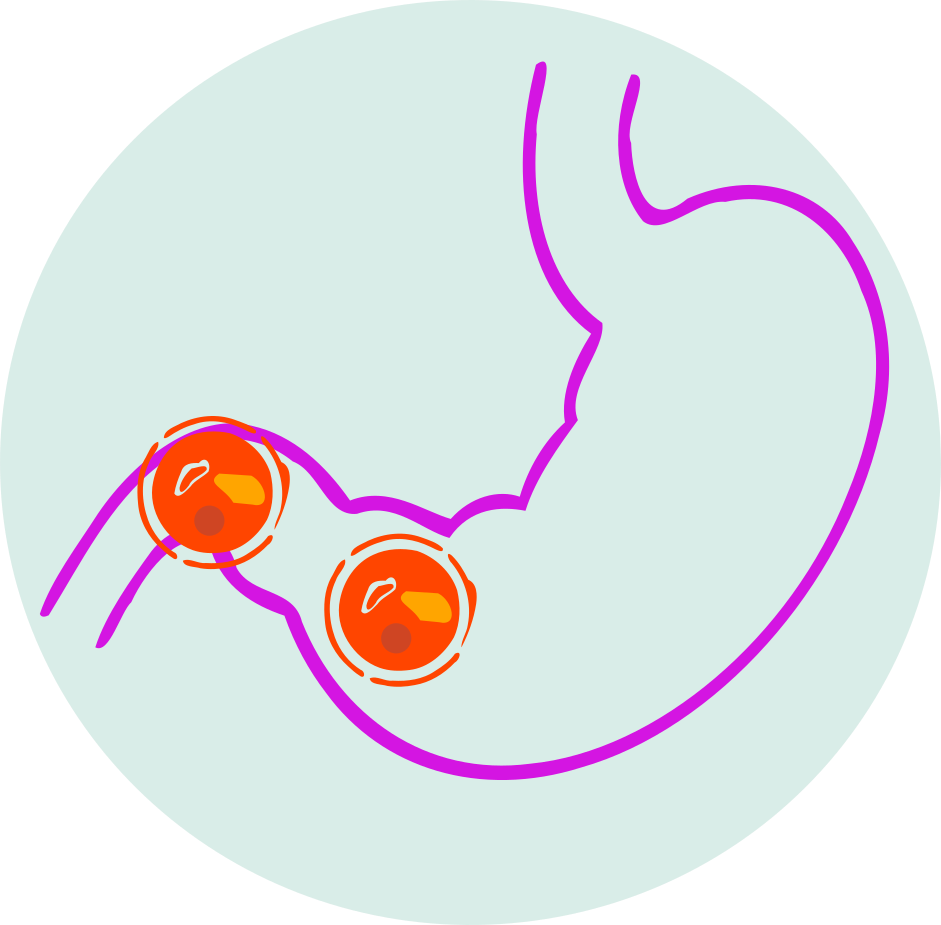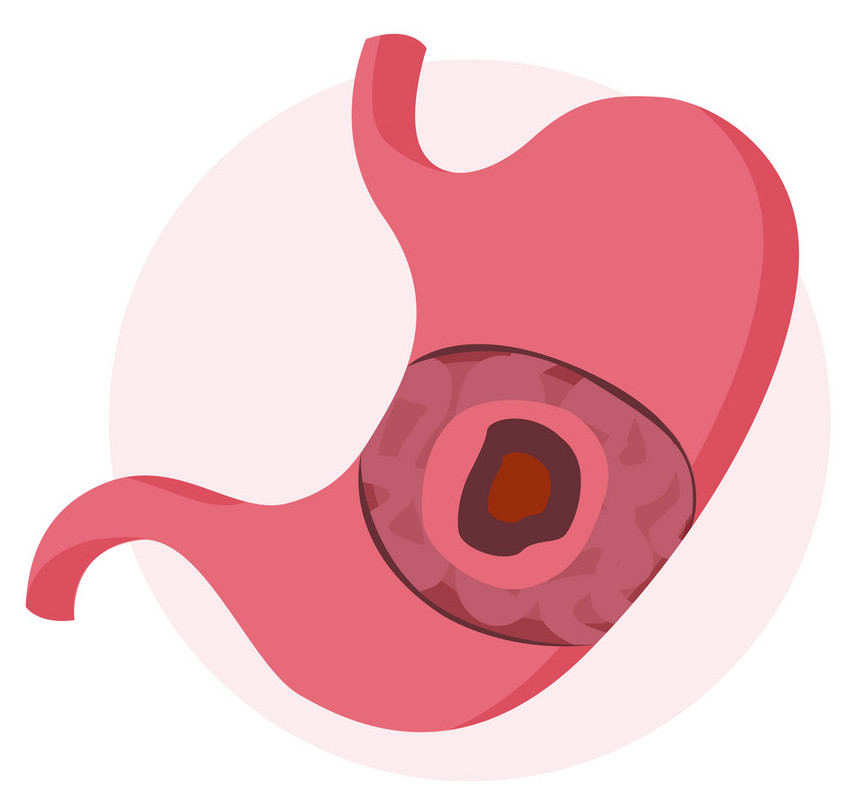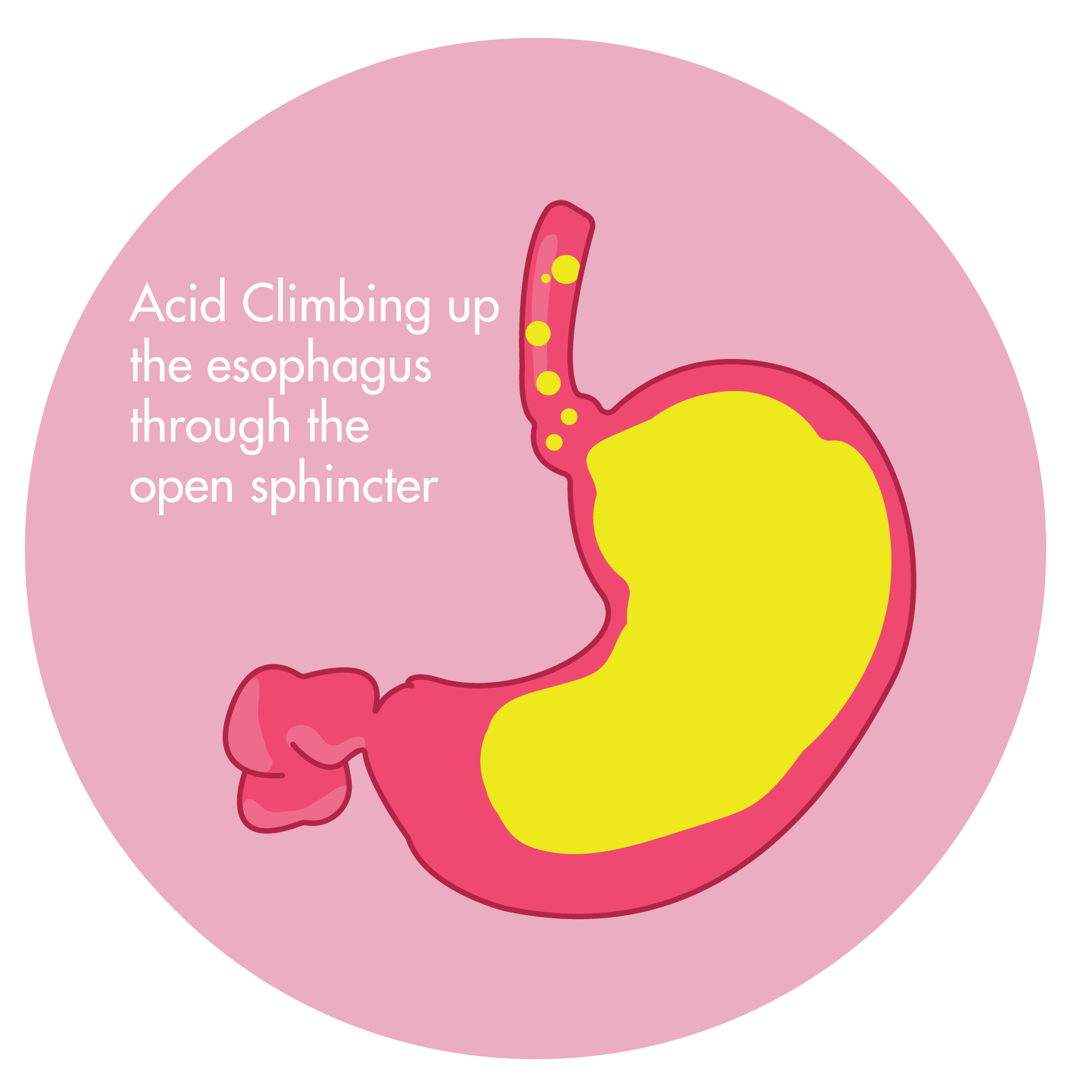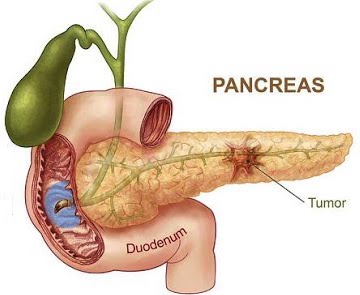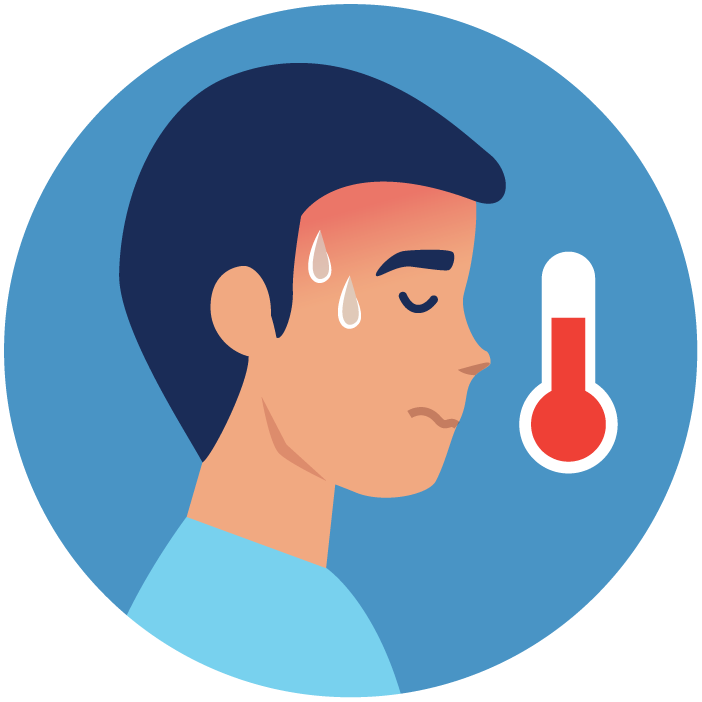| Name | Famotidine |
| Classes |
Gastrointestinal Agent Antiulcerants H2 Blocker / Histamine-2 Receptor Antagonist |
| Diseases |
Esophagitis Gastrointestinal Disease GERD (Gastroesophageal Reflux Disease) Heart Burn Indigestion Sour Stomach Ulcer Zollinger-Ellison Syndrome |
Famotidine
Famotidine is a histamine H₂ receptor antagonist medication that decreases stomach acid production.
- In adult and pediatric patients 40 kg and above for the treatment of:
- active duodenal ulcer (DU).
- active gastric ulcer.
- symptomatic non-erosive gastroesophageal reflux disease (GERD).
- erosive esophagitis due to GERD, diagnosed by biopsy.
- In adults for the:
- treatment of pathological hypersecretory conditions (e.g., Zollinger-Ellison Syndrome, multiple endocrine neoplasias).
- reduction of the risk of DU recurrence.
- Duodenal ulcer:
- Initiation of treatment: The recommended daily dose of famotidine is 40 mg at bedtime. The medication should be continued for 4-8 weeks, however it may be stopped sooner if the ulcer has healed after an endoscopic inspection. In most situations, this medication will heal the ulcer in four weeks. If the ulcer has not healed fully after four weeks, the treatment should be continued for another four weeks.
- Maintenance treatment: Famotidine therapy at a dose of 20 mg per day at bedtime is advised as a preventative treatment for recurring ulcers.
- Zollinger-Ellison syndrome:
- If the patient has not previously received medications to lower acid secretion, 20 mg of famotidine is given every 6 hours to start the treatment. The dosage should be adjusted to meet the demands of the patient, and it should be continued for as long as clinically needed. Daily doses of up to 800 mg have been given without causing any serious side effects or tachyphylaxis. If the patient has already had another H2 blocker, famotidine therapy might be started at a higher dose than usual. The size of the initial dose is determined by the severity of the ailment as well as the size of previous H2 blocking drug doses.
- Non-malignant gastric ulcer:
- At bedtime, a dose of 40 mg is advised. The treatment is usually continued for 4-8 weeks, however if an endoscopic check reveals that the ulcer has healed, a shorter course of treatment may be sufficient.
- Reflux esophagitis:
- The recommended dose of famotidine for the alleviation of reflux esophagitis symptoms is 20 mg twice daily. Doses should be continued for the specified amount of time. Famotidine 40 mg twice daily is suggested for the treatment of erosion or ulcers associated with reflux esophagitis. The treatment period should last 6-8 weeks.
- Maintenance dose: If long-term famotidine care of reflux esophagitis is regarded important, a dose of 20 mg twice daily is indicated. At this time, it is not suggested that this preventative medication be continued for more than six months.
- Renal impairment: Famotidine is mostly excreted through the kidneys. The daily dose of famotidine should be reduced by half in patients with poor renal function whose creatinine clearance is less than 10 ml/min. In patients with renal insufficiency, caution is suggested. Patients on dialysis should also take doses that are 50 percent lower. Because dialysis removes some of the active ingredient, famotidine tablets should be taken after the end of dialysis or later.
- Hepatic impairment: The plasma concentration and elimination of famotidine in the urine in patients with liver cirrhosis were the same as in healthy volunteers. In these people, a dose reduction is therefore unnecessary.
- Central Nervous System Adverse Reactions: Confusion, delirium, hallucinations, disorientation, agitation, convulsions, and lethargy have all been documented in elderly individuals and patients with moderate to severe renal impairment who have received Famotidine. Because famotidine blood levels in individuals with renal impairment are higher than in patients with normal renal function, dosage reductions are indicated in these patients.
- Concurrent Gastric Malignancy: In adults, symptomatic response to therapy with Famotidine does not preclude the presence of gastric malignancy. Consider evaluation for gastric malignancy in adult patients who have a suboptimal response or an early symptomatic relapse after completing treatment with Famotidine.
Contraindication
Famotidine is contraindicated in patients with a history of serious hypersensitivity reactions (e.g., anaphylaxis) to famotidine or other H2 receptor antagonists, such as-
There is no known contraindications of famotidine in terms of food and drinks.
There is no known contraindications of famotidine in terms of health conditions.
 Bangla
Bangla English
English